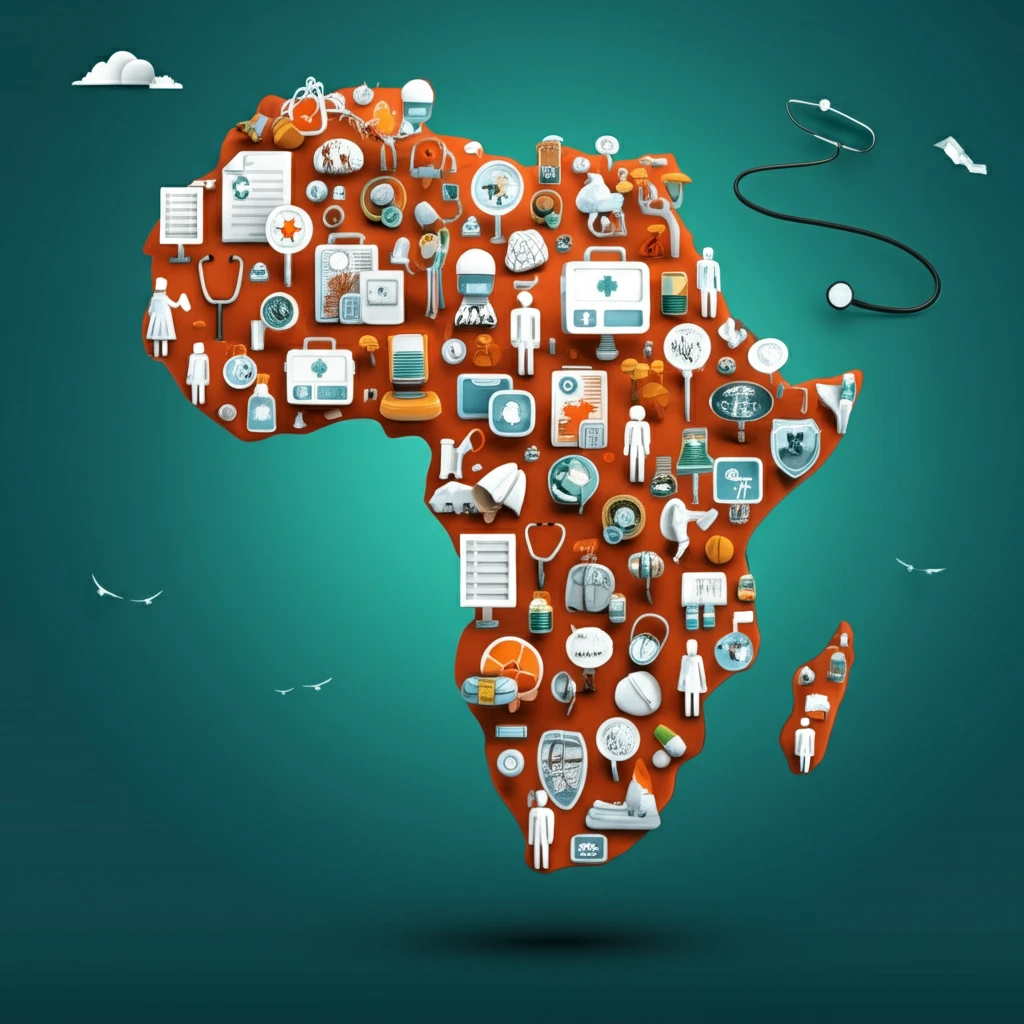
Medical Tourism in Africa: Unveiling the Promise and Peril
"Is Africa poised to become a global hub for medical tourism, or will the practice exacerbate existing healthcare inequalities?"
Medical tourism, the practice of traveling across borders to access healthcare, is a rapidly growing global phenomenon. Africa finds itself at a unique crossroads, simultaneously serving as a destination for inbound medical tourists and a source of outbound patients seeking treatment elsewhere. This creates a complex dynamic with both promises and perils for the continent's healthcare systems.
While some view medical tourism as a potential economic driver and a catalyst for healthcare improvements, others worry that it could exacerbate existing inequalities, diverting resources from local populations and creating a two-tiered healthcare system. Understanding the nuances of medical tourism in Africa is crucial for policymakers, healthcare providers, and anyone interested in the future of healthcare on the continent.
This article will delve into the multifaceted nature of medical tourism in Africa, drawing on research and insights to explore its role, structure, and effects on the region's healthcare landscape. By examining the opportunities and challenges it presents, we aim to foster a more informed discussion about how to harness its potential while mitigating its risks.
The Lure of Medical Tourism: Opportunities and Advantages

Medical tourism presents several potential benefits for African nations. One of the most significant is the influx of foreign currency, which can stimulate economic growth and create new jobs in the healthcare and tourism sectors. This 'trickle-down' effect can improve the overall economic well-being of local communities.
- Increased revenue generation
- Access to advanced medical technology
- Improved healthcare infrastructure
Navigating the Complexities: A Path Forward
Medical tourism in Africa is a double-edged sword. While it offers significant opportunities for economic growth and healthcare improvement, it also poses risks to equity and access for local populations. To harness the potential of medical tourism while mitigating its negative impacts, African governments and healthcare stakeholders must implement sustainable and ethical regulatory frameworks. This includes ensuring that medical tourism initiatives are integrated into national healthcare strategies, promoting equitable access to healthcare services for all, and addressing the ethical concerns associated with the practice.
